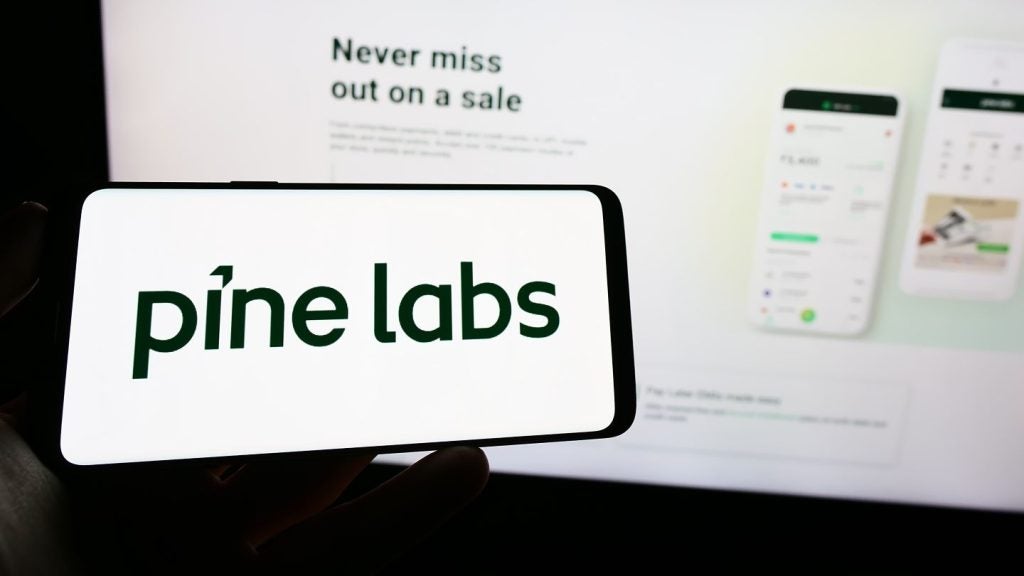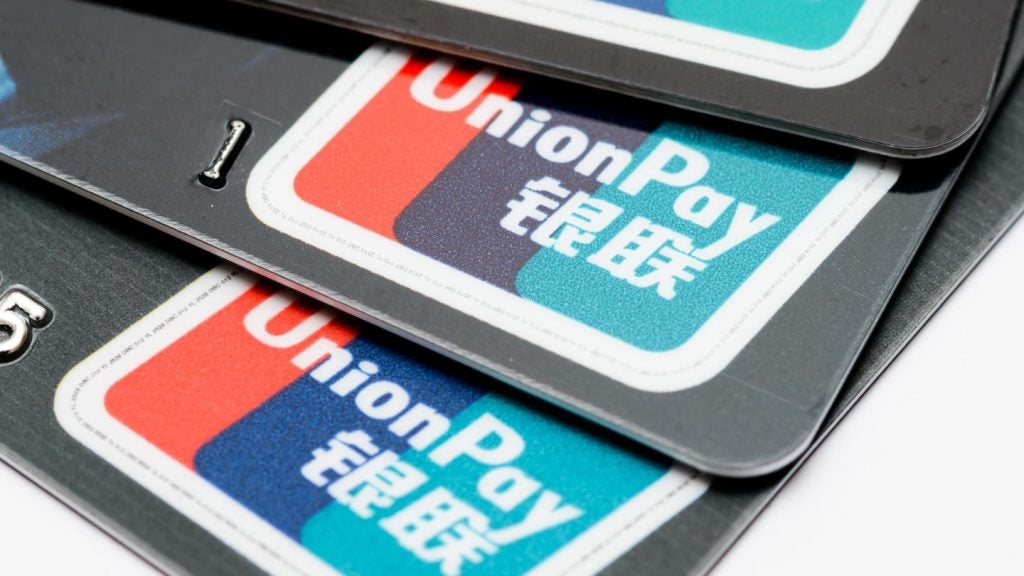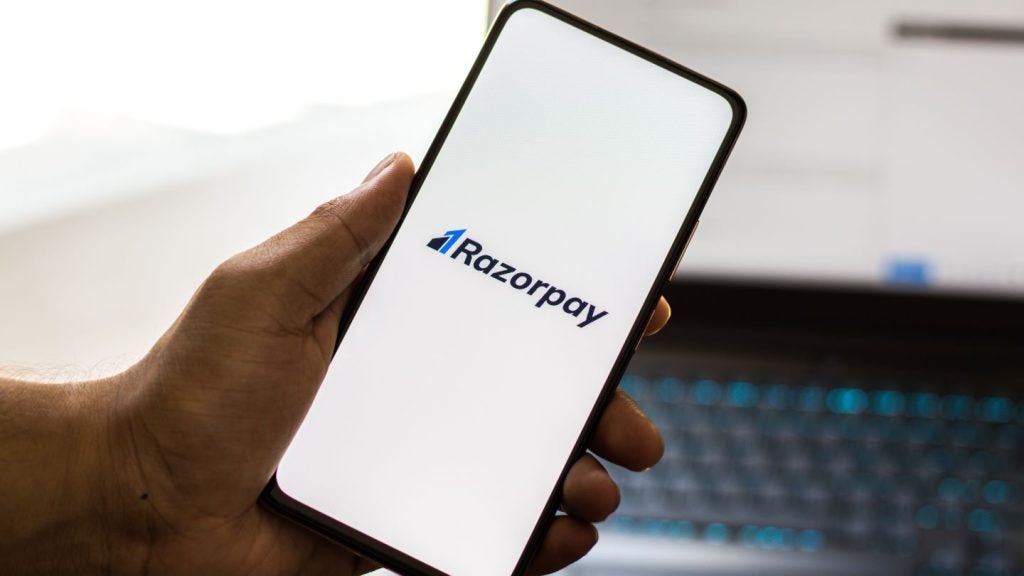Comment: Gilles Coccoli,
PrePay Solutions
 As the UK’s new coalition government prepares to announce
As the UK’s new coalition government prepares to announce
spending cuts in the public sector, the world of prepaid should
prepare for these changes to act as a launch pad for prepaid cards
into the public sphere.
There will be demand for greater
efficiency in financial processing, cost control and payment
monitoring within these new budget conditions. As the tool that
enables the public sector to achieve this, the prepaid card
industry will benefit in the long-term from the new government
changes.
The public sector has huge
potential still being realised, so it is an interesting and
exciting time to be part of the evolving market.
When looking at how prepaid cards
as a payment solution can be used in the public sector, cost,
efficiency, control, social integration and image are key points
that contribute to it reaching its true potential.
Cost
With little outlay cost per card
and the ability to load and re-load funds onto them electronically,
the costs – both financial and resource-wise – can be minimal when
compared with cheques and direct deposits. Prepaid cards also offer
a safer and more secure alternative to cash.
Efficiency
Efficiency in the public sector is
a huge consideration, especially when dealing with social welfare,
public benefits and remuneration. Traditionally cheques, cash and
direct deposits have been the methods in which the public sector
has provided finance to its employees, suppliers and citizens.
These have not always proven to be the most efficient payment
methods due to fund-clearing time periods, bank locations etc.
Control
There are two elements to consider
when it comes to control and the potential of prepaid cards in the
public sector.
The first is control in the overall
prepaid application where relevant authorities – for instance
public sector finance and payroll managers – can have direct power
over how much money is loaded onto a card.
The second element is that prepaid
cards provide more efficiency, and in turn more control than cash,
as to where allocated money is being used. This is a key benefit
for the public sector when dealing with social security payments
such as unemployment benefits and state pensions as it gives an
additional element of transaction monitoring. Prepaid cards could
be the tool that solves the public sector’s concerns about where
public money is being spent.
Social
integration
People who exclusively use cash are
missing many of the potential purchasing opportunities that are
available to those who use credit, debit and prepaid cards. Cash
limits people to the physical world, whereas card payments open
doors to the online world. The beauty of a prepaid card is that it
enables users to engage in both the physical and virtual world
without the need to be linked to bank accounts and credit
checks.
Integrating prepaid cards into
people’s everyday lifestyles is a current industry challenge. While
being used in ‘fringe’ applications such as business travel expense
management, remittance and temporary staff payment, the world of
prepayment is now leaving its ‘teen years’ and entering its ‘adult
age’. The use of prepay is increasing in several diverse segments,
including the public sector, which will contribute to widespread
social integration.
It is difficult to say when prepaid
cards may be part of everyday financial life, however if
governments were to adopt the financial tool as a payment method,
wide-scale acceptance would develop much sooner. With cheques
expected to be obsolete by 2018 and the promise of a cashless
society sometime over the next half-century, prepaid looks well
positioned to benefit from these trends.’
Gilles Coccoli is managing
director, PrePay Solutions, a prepaid services collaboration
between MasterCard and Accor Services







